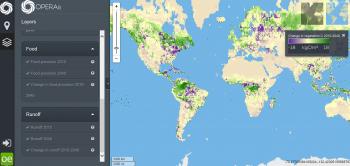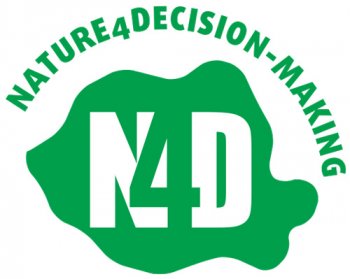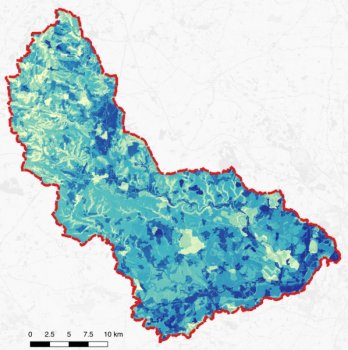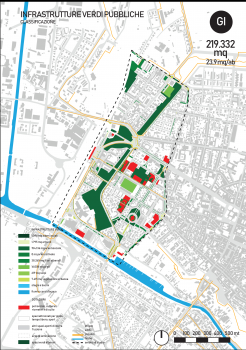Global scale prediction of ecosystem services to inform international policy
This study aims to identify and communicate areas and management solutions that synergistically support biodiversity conservation and climate change mitigation, as well as the growing demand to feed an increasing global population, using the ecosystem services concept.





